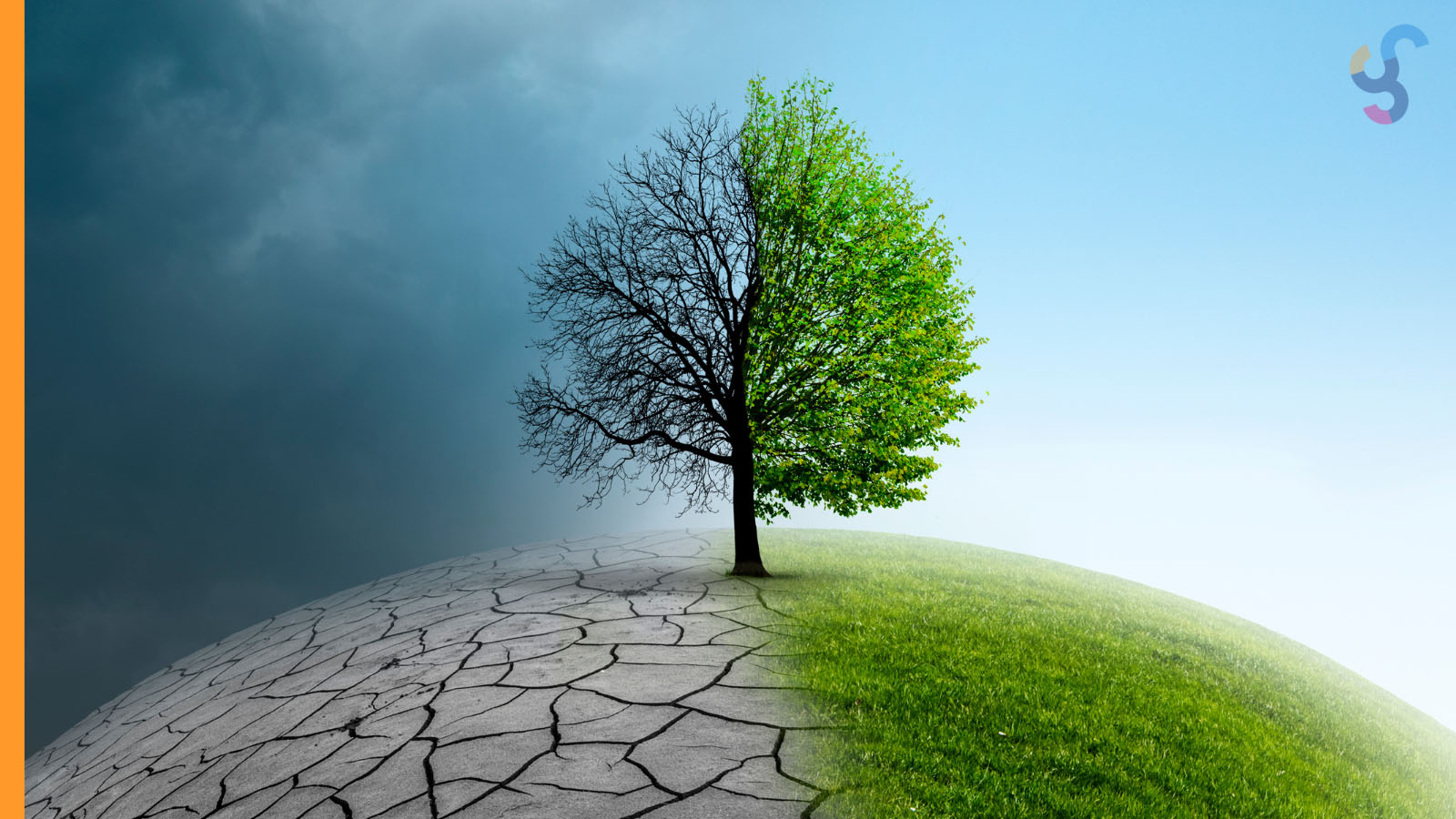By Judith Bielsa Millán, Lucía Moreno Juste & Olga Varela Machado*
In today’s digital age, we are constantly receiving information from countless sources. Yet not all that we see or hear is reliable—particularly when it comes to complex global challenges like climate change. Misinformation spreads easily, often wrapped in persuasive language or presented by seemingly credible voices. This makes critical thinking an essential skill for anyone wishing to navigate information responsibly and make informed decisions.
The “Critical Thinking Skills and Fallacies” module, developed by the Adaptation AGORA Community as part of its Digital Academy, addresses this very challenge. It is designed for a wide range of learners, including students, adult learners, educators, climate change advocates, and journalists. The aim is to build a community of critical thinkers who can recognise flawed reasoning, evaluate sources accurately, and resist manipulative narratives—especially those denying climate science.
Why critical thinking matters
Critical thinking involves more than just questioning information. It’s the ability to analyse arguments, assess the credibility of evidence, and identify assumptions or biases. This is particularly important in climate discourse, where science can be distorted or selectively interpreted to support ideological positions.
A central element of the module is “fallacy literacy”: the ability to recognise logical fallacies—flaws in reasoning that weaken arguments. These fallacies often appear convincing but fall apart under scrutiny. For instance, someone might argue that because a cold winter occurred in one city, global warming must be false. This is a classic example of a hasty generalisation, using a narrow or irrelevant data point to discredit broader scientific evidence.
Key components of a strong argument are introduced —clarity, relevance, coherence, and solid evidence—before examining common fallacies that disrupt them. Through case studies, quizzes, and multimedia content, learners engage with real-world examples of misinformation, including statements shared on social media or echoed in political discourse.
The FLICC framework
A particularly valuable part of the module is its focus on FLICC, a framework postulated by researcher John Cook that categorises five techniques commonly used to deny science:
- Fake Experts – Presenting individuals without relevant expertise as authorities.
- Logical Fallacies – Using flawed reasoning to reach misleading conclusions.
- Impossible Expectations – Demanding absolute certainty from science before accepting its findings.
- Cherry Picking – Selecting isolated data points while ignoring the full body of evidence.
- Conspiracy Theories – Suggesting that scientific consensus is the result of a hidden agenda.
By learning to identify these patterns, participants become better equipped to challenge disinformation and support evidence-based information.
Empowering everyday critical thinkers
Importantly, the module doesn’t just offer theoretical knowledge—it prepares learners to apply these skills in real situations. Whether engaging in online discussions, teaching in the classroom, writing an article, or speaking within a local community, participants learn how to evaluate arguments with rigour and confidence.
In an age where false narratives can shape public opinion and policy, critical thinking is not just an academic skill—it’s a civic responsibility. By recognising fallacies and promoting clear, logical reasoning, individuals can help foster a more informed and resilient society.
*Judith Bielsa Millán, Political scientist at the Ibercivis Foundation, working on citizen science projects in Europe. Social scientist specialised in public policy by the Universitat Pompeu Fabra and the Johns Hopkins University. Her professional carrer focuses on data analysis in the field of public policy, theoretical analysis of the welfare state, and the importance of governance in preserving social rights.
Lucía Moreno Juste, Political scientist at the Ibercivis Foundation, where she works on citizen science projects at both national and international level. She currently coordinates European projects and citizen participation strategies and methodologies. Specialised in Contemporary Latin American Studies, including a research stay at the University of the Republican in Uruguay, her professional career spans over innovation, social cohesion, migration, gender, and humanitarian aid.
Olga Valera Machado is a Researcher and Project Manager at the Ibercivis Foundation. She currently coordinates the implementation of educational, training, and citizen participation strategies for participative projects. With a degree in Philosophy from the University of Antioquia (Colombia) and a PhD in Logic and Philosophy of Science from the University of Valencia. Her research work addresses the History and Philosophy of Physics (with emphasis on Quantum Mechanics) and the Social Studies of Science and Technology (STS), with an interdisciplinary approach that integrates epistemological, social and technical perspectives.

